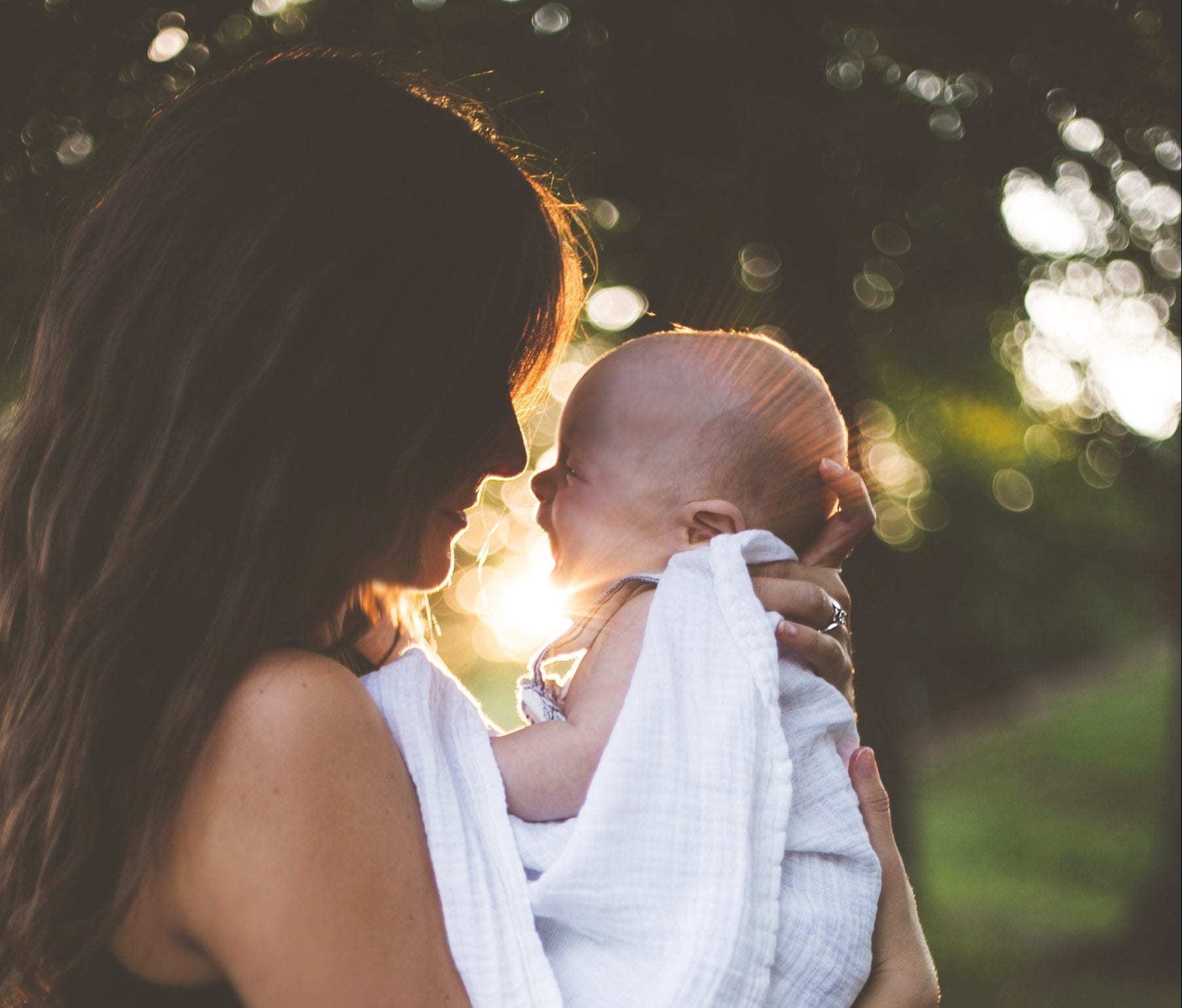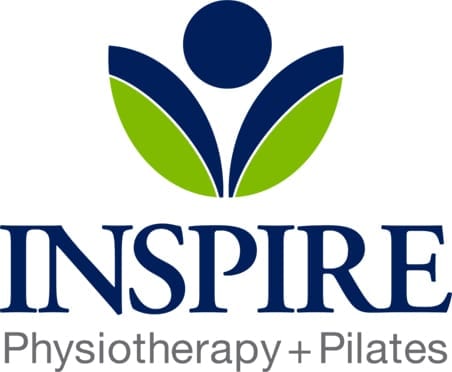
You’ve recently given birth and your gorgeous new baby is settling in at home with you. So why are you still suffering aches and pains?
What many new mothers don’t realise is the first year after baby is born can be just as straining on the neck, back and hips as the pregnancy itself. The physical demands of motherhood – including lifting, carrying, comforting and feeding a new baby – can create the perfect storm for an injury.
The good news is there are steps you can take to minimise this risk. Below, I have outlined some of the most common injuries new mothers face and what you can do to avoid them.
Sore Neck
One of the most common complaints reported by new mums is neck pain. Neck pain (or nursing mother’s neck) is often caused by a mother’s posture when feeding. Many mothers will sit, lean forward and gaze downwards while feeding their baby. However, sitting in this position for 20 minutes, every two-to-three hours, can put enormous strain on the neck and surrounding muscles.
Tips to avoid a sore neck:
-
Support your arm with a nursing pillow
-
Use a footstool to support your feet
-
Place a pillow behind your lower back
-
Choose a comfortable, supportive chair
-
Try to avoid slouching
-
Gently stretch out the area after every feed
Backache
Backache in new mothers is another common complaint. Bending to pick up your baby, leaning awkwardly into the car to secure them in their car seat and stooping over their cot as you settle them can all put strain on a back that has already endured pregnancy and may still be loose from pregnancy hormones.
Tips to avoid a backache:
-
Take a stride stance whenever you are able
-
When lifting and lowering your baby, ensure your feet are flat and are shoulder width apart
-
Always bend through your hips and knees, keeping a straight spine
-
When changing direction, avoid twisting through the spine. Instead, move your feet with your body keeping nose, knees and toes pointing the same direction
Unstable Pelvis
If you’re right-handed, chances are you carry your baby on your left hip. While lefties carry on the right. However, carrying a baby predominately on one hip (no matter which side it is) can cause the pelvis to shift, leading to hip and pelvis pain and, in more severe cases, an awkward and uneven gait.
Tips to avoid an unstable pelvis:
-
Avoid carrying your baby on one hip
-
If you must carry your baby on your hip, try to change sides regularly
-
Regular exercise which promotes core stability, such as clinical pilates
Elbow Strain
A baby capsule can weigh anywhere between 4 and 5 kilograms. And that is before there is a baby in it! Even carrying the most ergonomically designed baby capsule puts enormous weight on the wrist and places the elbow joint in an unnatural position. Over time, this extra weight can lead to a repetitive strain injury.
Tips to avoid elbow strain:
-
When lifting a capsule out of the car, place both hands on the handle and bend your elbows
-
Avoid holding the capsule to one side of your body or carrying it on your forearm like a handbag
-
Hold capsule in front of your body with the weight evenly distributed between both arms
